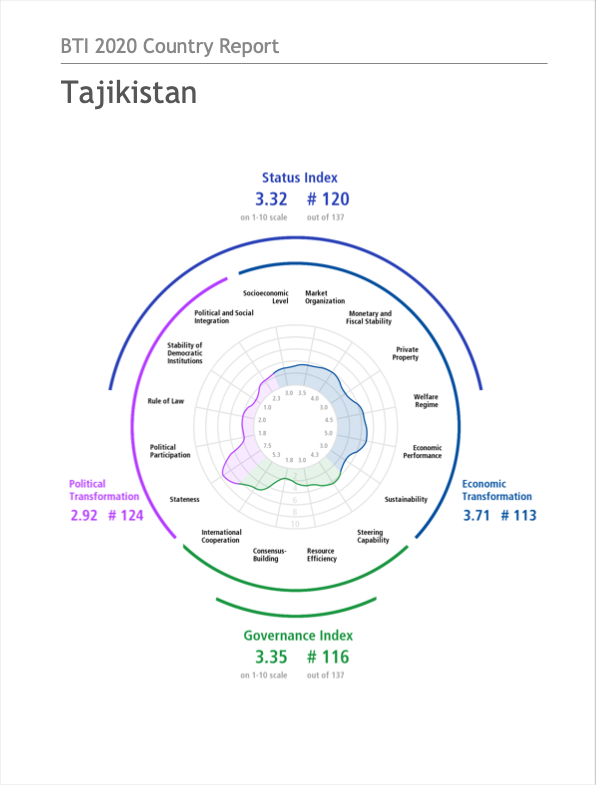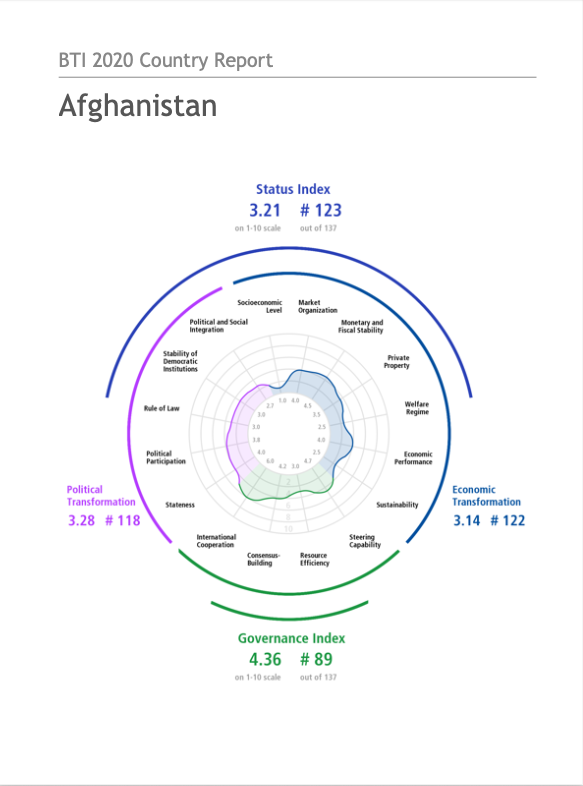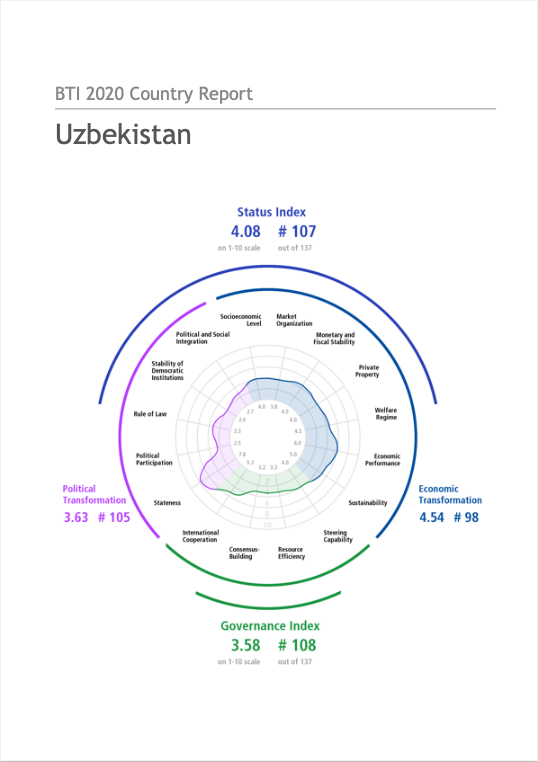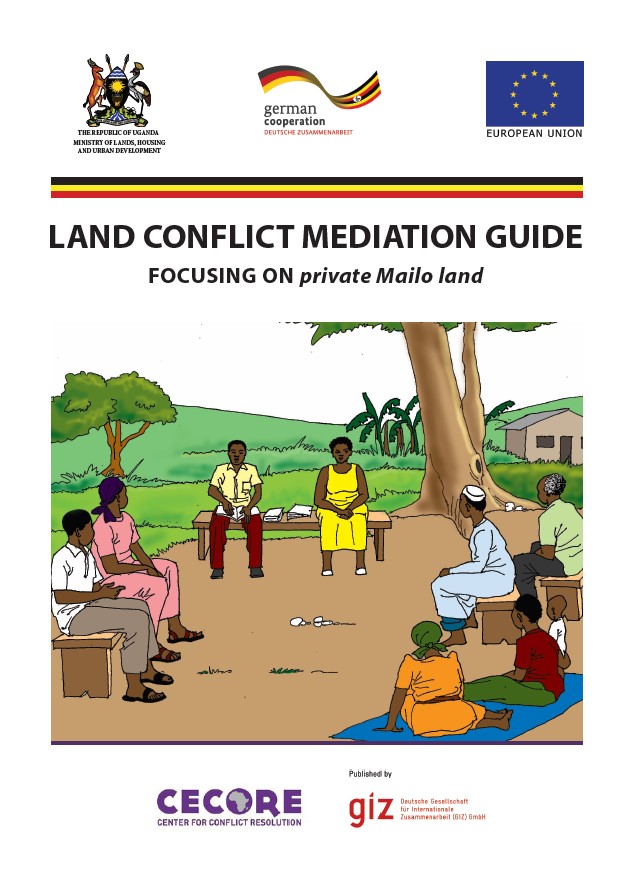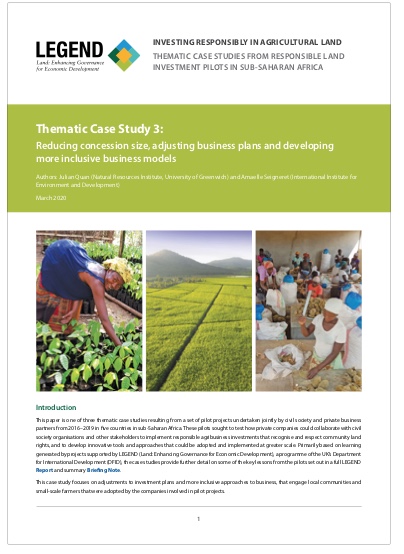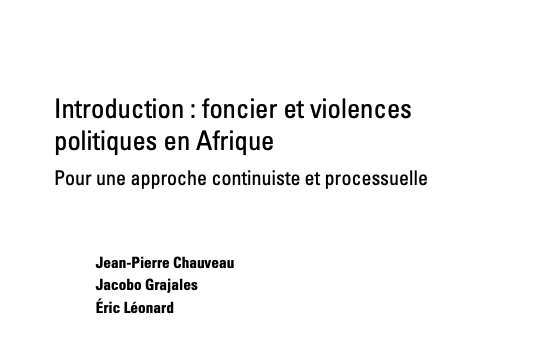BTI 2020 Country Report: Tajikistan
ABSTRACTED FROM EXECUTIVE SUMMARY: In the period from 2017 to 2019, Tajikistan’s authoritarian retrenchment continued. Political institutions were monopolized by the elite after the destruction of the Islamic Revival Party of Tajikistan (IRPT) in 2015, at the time the only viable political opposition party. The IRPT’s chairman went into exile, its remaining leaders were rounded up, and lawyers who acted on their behalf were also imprisoned for lengthy prison terms.

